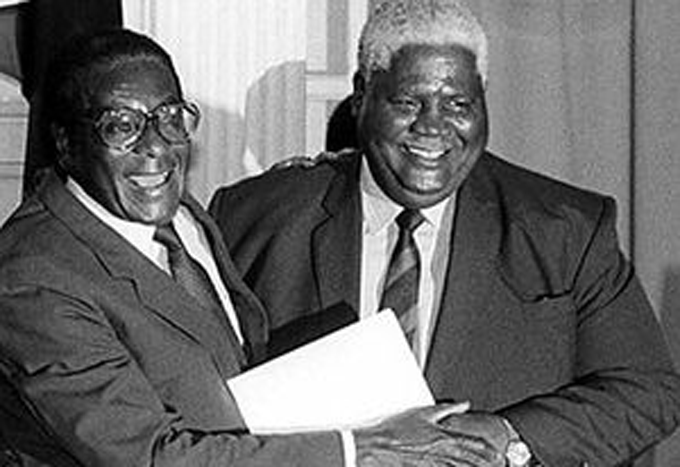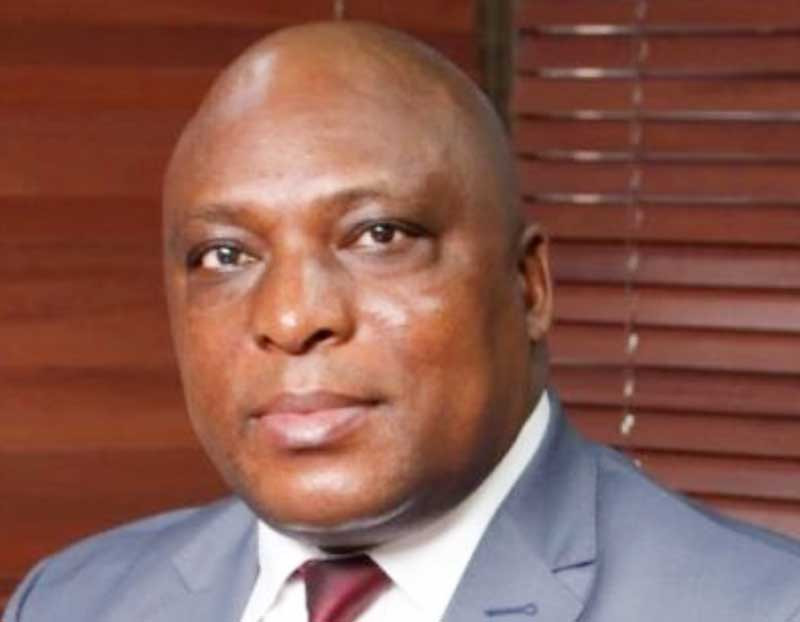
AN old English adage which says: “Actions speak louder than words,” can best be applied to the serious issue of holding all the citizens united regardless of tribe, race, creed, language, gender, political affiliation, religion, culture or tradition in Zimbabwe.
But the greatest responsibility of ensuring that unity lies with the top political and traditional leadership. These leaders must unite the people, not just by talking about unity, but mostly by being seen practising unity in their actions.
At the height of the Gukurahundi genocide the government, led by now late former President Robert Mugabe, unleashed the North Korea-trained Fifth Brigade that killed over 20 000 people in Matabeleland and Midlands.
Then PF Zapu leader, the late Vice-President Joshua Nkomo, had to compromise to sign the Unity Accord in 1987 for the sake and love of citizens who were being killed for allegedly supporting him.
It is clear that his intention was to unite the people of Zimbabwe, though it would appear that the ruling party has not been sincere about the Unity Accord, based on the developments which have unfolded, with the Zapu side in the united Zanu PF being slowly sidelined.
Former PF Zapu members in Zanu PF have continued to lose influential positions to a point where currently there is not even a Vice-President in government from the Zapu side.
Failure by the Zanu PF government to uphold the Unity Accord in the true sense, especially its violence against opposition parties makes it a cosmetic gesture which does not serve the interests of the citizens. The Accord has just become a political tool used by the ruling party as and when it suits its interests.
The marginalisation of some areas, mostly the southern region of the country which includes Matabeleland North, South, Bulawayo, Masvingo and Midlands makes Unity Accord talk sound like an insult to the people in those areas. For the government to ensure that unity prevails, it must try to develop all provinces on an equal footing and give them an equal share of the national cake.
- Chamisa under fire over US$120K donation
- Mavhunga puts DeMbare into Chibuku quarterfinals
- Pension funds bet on Cabora Bassa oilfields
- Councils defy govt fire tender directive
Keep Reading
Also, the emotive Gukurahundi issue must be addressed amicably and as a matter of urgency.
This is why we are saying unity must be seen to be done rather than just spoken about, especially by those who control national resources.
As long as some communities feel sidelined and deprived of certain privileges and rights, it will be very hard for the nation to be united as one.











